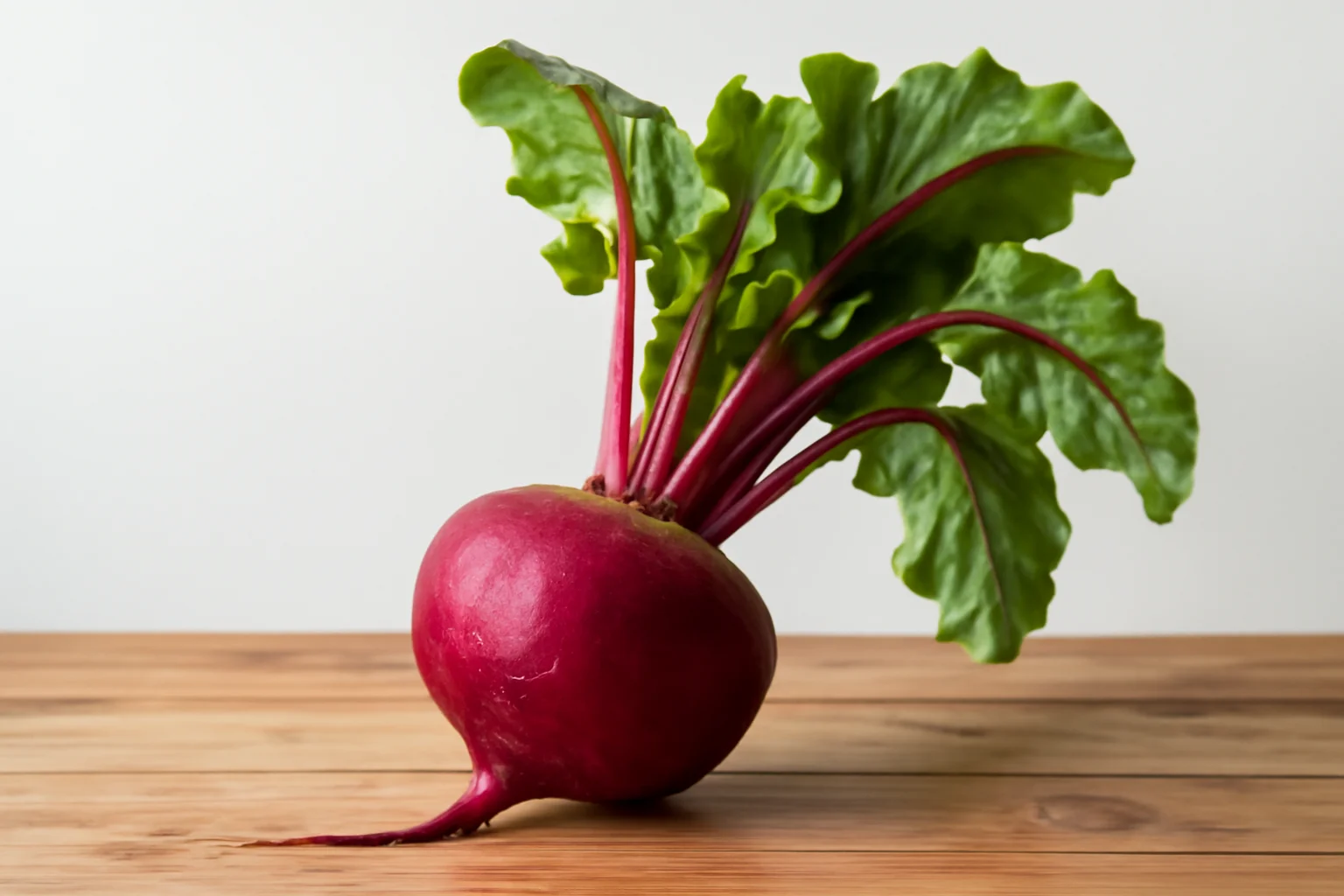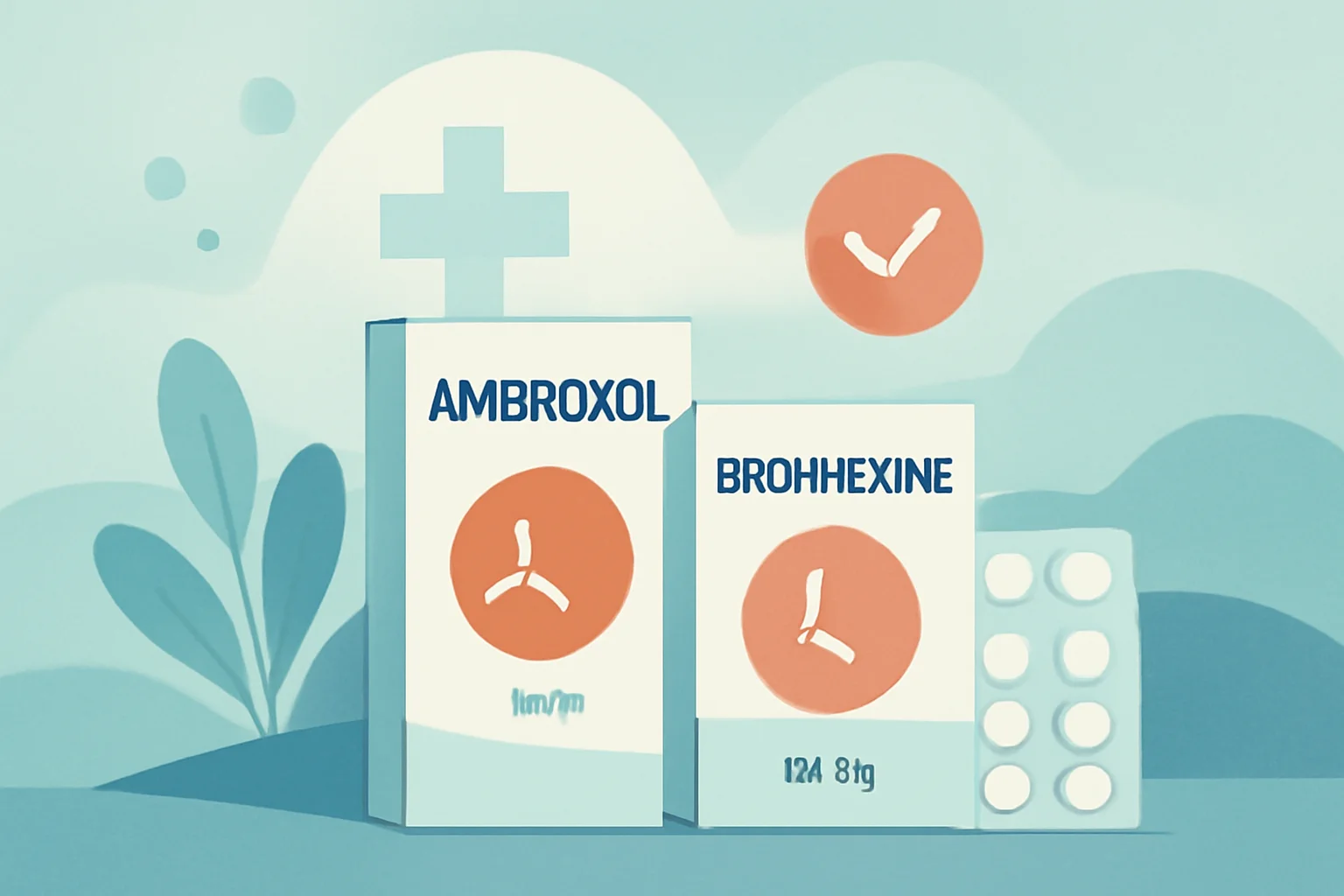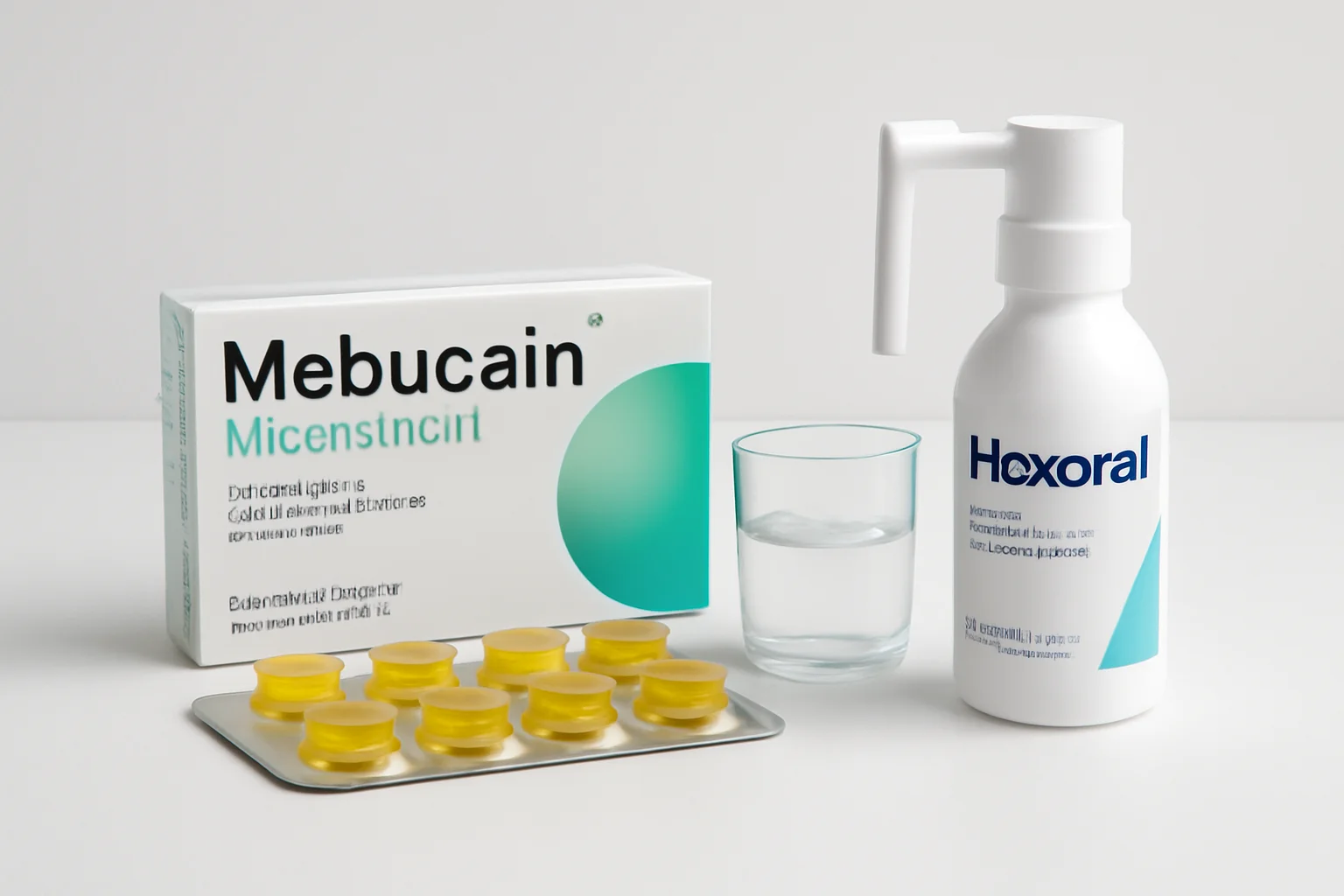
The beneficial effects and health benefits of beetroot
The beetroot, this colorful and nutritious vegetable, is becoming increasingly popular in health-conscious diets. Thanks to its rich nutrient content, it has numerous beneficial effects worth exploring. In addition to adding color to dishes, beetroot is extremely rich in vitamins, minerals, and antioxidants, which can contribute to maintaining health. Due to its sweet taste and unique texture, beetroot can be used in a variety of ways, whether in salads, soups, or main dishes.
Moreover, beetroot is not only delicious but also nutritious, as it is low in calories and high in fiber, which helps create a feeling of fullness. The vivid color of beetroot is due to betalain pigments, which have antioxidant properties and may help neutralize free radicals. People are increasingly recognizing the many health benefits of beetroot, making it worthwhile to delve deeper into its health advantages.
The Nutritional Content and Health Benefits of Beetroot
Beetroot is a rich source of nutrients that contains numerous vitamins and minerals. It is particularly abundant in vitamin C, vitamin K, folate, manganese, and potassium. Vitamin C has antioxidant properties, helping to neutralize free radicals and thus contributing to the protection of cells. Vitamin K plays an important role in blood clotting and bone health, while folate is essential for cell growth and regeneration.
Beetroot is also rich in fiber, which helps improve bowel function and maintain a feeling of fullness. Fiber promotes proper digestion, can reduce the risk of constipation, and contributes to the health of gut flora. Therefore, consuming beetroot is not only tasty but also a healthy choice.
Furthermore, beetroot is a low-calorie vegetable, making it ideal for dieters. The natural sugars it contains provide a sweet taste without adding too many calories. Additionally, beetroot may help lower blood pressure, as it contains nitrates that dilate blood vessels and improve circulation. Research shows that regular consumption of beetroot may contribute to the prevention of cardiovascular diseases.
The Effect of Beetroot on the Liver and Detoxification
One of the standout benefits of beetroot is that it can aid in liver detoxification. The betalains and antioxidants it contains support liver function, facilitating the removal of toxins from the body. The liver is one of our most important organs responsible for detoxification, and consuming beetroot may contribute to maintaining liver health.
Consuming beetroot may be particularly beneficial for those who regularly consume alcohol or other toxins. The beneficial effects of beetroot on the liver are partly due to the betaine it contains, which promotes the breakdown of fats and may reduce the risk of fatty liver. Betaine supports the regeneration of liver cells, thus contributing to liver health.
In addition, beetroot is rich in antioxidants, which help neutralize free radicals, thus reducing the risk of chronic diseases such as cancer and heart disease. Therefore, regular consumption of beetroot may not only support liver health but also contribute to the body’s overall detoxification.
The Role of Beetroot in Enhancing Athletic Performance
Beetroot is popular not only for its health benefits but also as a favored food among athletes. The nitrates it contains play a role in improving physical performance. Nitrates dilate blood vessels, improve circulation, and thereby increase the delivery of oxygen and nutrients to the muscles.
Numerous studies have shown that consuming beetroot can increase endurance, reduce fatigue, and improve athletic performance. Athletes and fitness enthusiasts often consume beetroot juice or whole beetroot before training to maximize their performance. Due to its natural energizing effects, beetroot can help athletes during longer and more intense workouts.
Additionally, beetroot has anti-inflammatory properties, which can also be beneficial for athletes. Regular consumption of beetroot may aid in recovery, reduce muscle soreness, and speed up recovery time. For these reasons, beetroot can be an ideal choice for athletes looking to enhance their performance and improve their training results.
Beetroot for Skin Health
Beetroot has beneficial effects on the skin, both internally and externally. It is rich in antioxidants and vitamins that help maintain skin health. Vitamin C helps boost collagen production, which is important for maintaining skin elasticity and a youthful appearance. The antioxidants in beetroot protect the skin from harmful UV radiation and the effects of free radicals.
The anti-inflammatory properties of beetroot also positively affect the skin. It can help reduce skin irritation and contribute to the treatment of acne and other skin problems. Beetroot juice or pulp can be used as a natural face mask, which hydrates the skin and improves its condition.
Thus, consuming beetroot can support not only internal health but also the beauty of the skin. Regular consumption of beetroot may contribute to skin hydration, elasticity, and a youthful appearance.
The information mentioned in this article is for informational purposes only and does not substitute for medical advice. For health problems, always consult your doctor.

